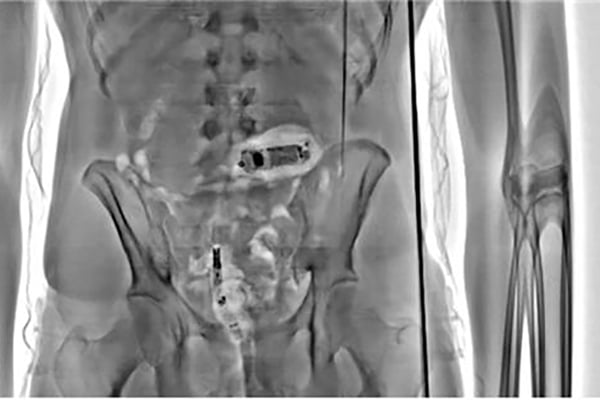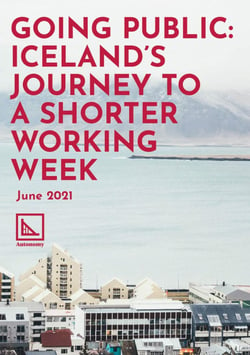RELATED NEWS

Prison Service stops 10,000+ smuggling attempts with x-ray scanners
1 min read

Government suppliers to be penalised for poor performance
2 min read

Wolverhampton to pilot new health incentives app
2 min read

Civil Service online induction pilot set to expand
1 min read


